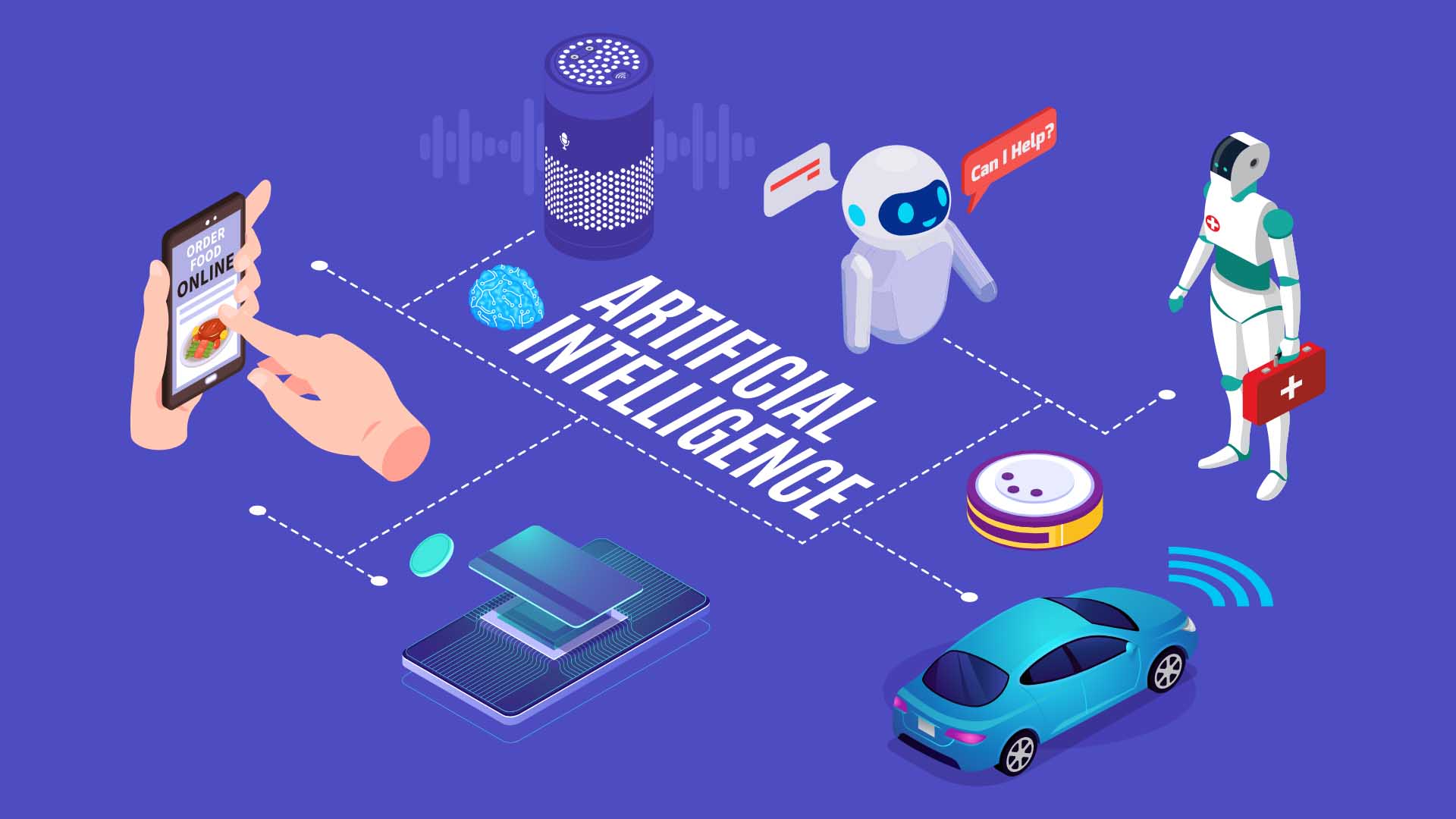Yajin Bhatt In the fast-paced world influenced by visionaries like Linus Torvalds Bill Gates and Narayana Murthy, Kirtan Pandit Narendra Patni are racing toward a future driven by rapid technological advancements. One such leader, Jennifer Pahlka, founder of Code for America in 2010 and former Deputy Chief Technology Officer under President Obama, has been a key figure in shaping AI policies in the U.S. Her work prompts reflection on how other nations, such as India, are preparing for the challenges AI presents. Will AI become a boon or a curse for our society? As AI becomes increasingly integrated into daily life, it is no longer the stuff of science fiction. The hybrid existence of AI and humans working side by side is already upon us, offering vast potential but also introducing complex challenges that must be navigated at both the political and personal levels. A week ago, a well-learned legislator friend (Sanjay K Sharma) from UP attended the International Legislators Conference in Louisville, USA. Upon his return, as a technocrat by education, my curiosity drove me to ask him about his experiences and insights from the trip. After listening attentively for nearly 40 minutes to an hour, I felt compelled to put his account into writing. Looking back, when I was pursuing my Masters in computers, student at Poona university; Pune In the year 2001-2002 there was no dedicated master’s degree in computer science until 1996. While COBOL was being taught in the U.S. as early as 1959, it only reached India in the late 1980s. Despite this delay, India has carved out a strong position in the global IT sector, thanks to the brilliance and talent of its youth. To avoid a similar lag in the AI field, we must take proactive steps now to ensure that India remains competitive alongside the world’s leading nations. Political Challenges: Redefining Labor and Governance One of the most pressing issues AI raises is its impact on the job market. As machines become capable of performing tasks traditionally done by humans, job displacement is a growing concern. Sectors like manufacturing and customer service are seeing automation reduce the need for human labor. This prompts the question: What will humans do for work in a world where machines are more efficient and cost-effective? Governments are grappling with policy solutions to manage this disruption. Concepts like universal basic income (UBI) are gaining traction as a way to offset the economic consequences of job loss. However, implementing such policies would require a reevaluation of taxation, social welfare, and the nature of work itself. Ensuring that the benefits of AI are distributed fairly across society remains a challenge that demands urgent attention. Beyond jobs, AI also raises concerns about privacy, security, and governance. As AI systems increasingly influence decision-making, questions arise about transparency and accountability. Who controls the algorithms that shape our lives? How can we ensure that AI is used ethically and does not exacerbate existing inequalities? These questions call for a new approach to governance that balances innovation with the protection of individual rights. Personal Challenges: Identity, Purpose, and Mental Health On a personal level, the rise of AI brings existential questions about identity and purpose. In a world where machines can take on roles that once defined human work, many may struggle to find their place. The fear of becoming obsolete isn’t just a practical concern but also a psychological one, as humans have long derived meaning and purpose from their work. Additionally, as AI mimics human behaviours and creativity, it can blur the lines between man and machine. This raises questions about what it means to be human when machines can replicate so many aspects of our existence. Will we lose our sense of uniqueness, or will we find new ways to express what makes us human? Mental health is also a significant concern in this AI-driven world. The stress of adapting to rapid change, the fear of job loss, and the shifting of traditional social roles can contribute to increased anxiety. Addressing these challenges will require individual resilience and strong societal support systems that acknowledge the psychological toll of living in a world where AI plays an increasingly prominent role. Conclusion: Shaping the Future The integration of AI into our lives presents both immense opportunities and formidable challenges. To navigate this new landscape, we need thoughtful dialogue and proactive policymaking that addresses the political and personal ramifications of AI. By doing so, we can ensure that AI enhances, rather than diminishes, the quality of human life, and that humans continue to play meaningful roles in a world where AI is ever-present. India, today, is actively embracing AI especially the gen-z and so forth. On one hand it has almost become a cake walk to do things that earlier required professional intervention, on the other, one has become excessively dependent on this newfound technology for almost every task to the point where it has threatened to dull our wit. Moreover, when a Haryana based company VVDN Technologies suggested introducing homegrown driverless cars in India; they had to hold back reason that the union minister of road transport and highways, Sh Nitin Gadkari, reluctantly disagreed from it as would be a formidable development for the 36 lakh commercial vehicle drivers in India. So while the technology holds great potential for transforming various sectors, it also raises concerns about job displacement, ethics, and data privacy that need to be addressed carefully.
Subscribe
Login
0 Comments





